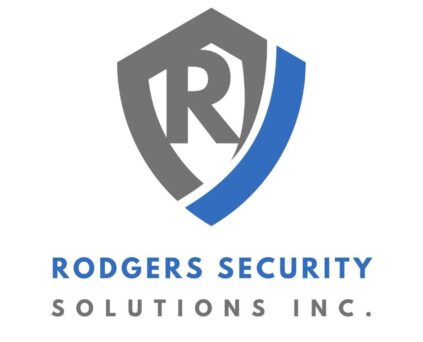Learning Objectives
By the end of this lesson, trainees will be able to:
- Distinguish sourcing vs. screening for RSS’s different staffing categories.
- Identify at least 3 effective sourcing platforms/tools for each role type.
- Apply role-specific screening criteria to determine candidate fit.
- Document sourcing and screening decisions clearly for HR and management review.
Lesson Deep Dive
1. What is Sourcing?
- Sourcing = finding potential candidates where they are (online, offline, referrals).
- Tools: job boards (Indeed, ZipRecruiter), social platforms (LinkedIn, Facebook groups), industry-specific boards, veteran networks, and local community job fairs.
- RSS Context: sourcing guards for events vs. executive protection vs. corporate staff requires different strategies.
2. What is Screening?
- Screening = filtering candidates to see if they meet the job’s requirements.
- Process: resume review → pre-screen call/email → compliance checks (licenses, certifications, background if applicable).
- RSS Context: screening ensures we only forward deployable, compliant candidates to supervisors and management.
3. Role-Specific Focus Areas
- Event Security
- Sourcing: Event job boards, community postings, referrals.
- Screening: Availability for short-term/variable shifts, CA guard card, and customer service mindset.
- Patrol Security
- Sourcing: Law enforcement training programs, security trade boards.
- Screening: Valid driver’s license, clean record, ability to work nights.
- Executive Protection (EP)
- Sourcing: Veteran networks, EP training schools, LinkedIn groups.
- Screening: High discretion, prior EP experience, advanced firearms/tactics training (when required).
- Corporate Staff
- Sourcing: LinkedIn, college career centers, staffing agencies.
- Screening: Professional communication skills, HR/operations/admin backgrounds, ability to support field staff.
- Support Staff (Admin/Event Ops)
- Sourcing: Local colleges, part-time job boards.
- Screening: Tech skills (Google Workspace, scheduling tools), detail orientation, willingness to handle logistics.
Reasons for Role-Specific Focus Areas
1. Different Client Expectations
- Event Security: Clients expect guards who can handle high-traffic, short-term assignments and maintain professionalism with the public.
- Patrol Security: Clients want reliability, detailed reporting, and consistency on routes.
- Executive Protection (EP): Clients demand discretion, specialized training, and trustworthiness.
- Corporate Staff: Internal hires must align with RSS’s culture and administrative needs.
- Support Staff: Must be adaptable and able to handle timekeeping, logistics, and compliance tasks.
Tailoring sourcing ensures RSS meets each client’s expectations directly.
2. Unique Sourcing Channels
- Event roles = mass sourcing via job boards and referrals.
- Patrol = local/regional pools, law enforcement retirees.
- EP = niche associations, LinkedIn, prior military/police networks.
- Corporate = Indeed, ZipRecruiter, professional networks.
- Support = temp agencies, admin talent pools, entry-level platforms.
A “one-size-fits-all” sourcing approach wastes time. Role-specific channels maximize efficiency.
3. Compliance and Licensing Requirements
- Some roles (patrol, EP) require state guard cards, firearms permits, or specialized training.
- Event staff may need temporary compliance or quick onboarding.
- Corporate/support roles require background checks and employment verification.
Screening by role protects RSS legally and reduces the risk of non-compliance.
4. Turnover & Retention Differences
- Event staff: higher turnover, need fast-fill strategies.
- Patrol: medium retention, needs steady sourcing pipelines.
- EP & corporate: low tolerance for turnover, so screening must be rigorous.
Recruiters must adapt methods to role-specific retention realities.
5. Supporting Business Development
- RSS’s ability to deliver the right people, fast, determines whether it can win and keep contracts.
- If recruiters misplace talent (e.g., putting an event guard in a patrol role), RSS risks client dissatisfaction and contract loss.
Recruiters become strategic partners in BD by sourcing/screening properly for each role.
Activity: Role-Based Sourcing Challenge
Select one role (Event Security, Patrol, Executive Protection (EP), Corporate Staff, or Admin Support).
Task:
- List 3 platforms you would use to source candidates for that role.
- Write 2 screening questions you would ask during an initial candidate call/email.
